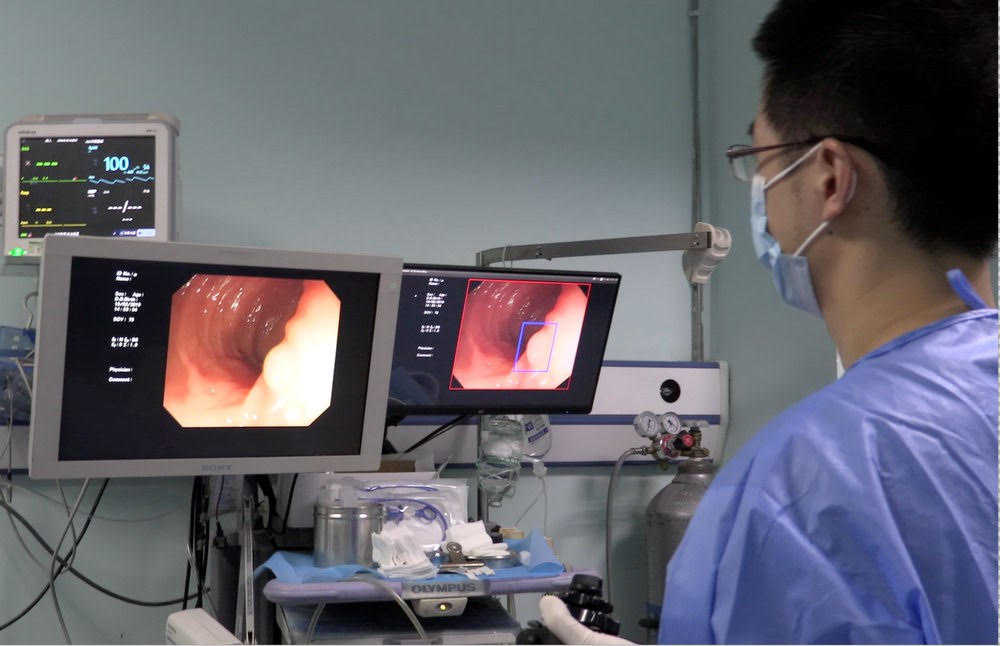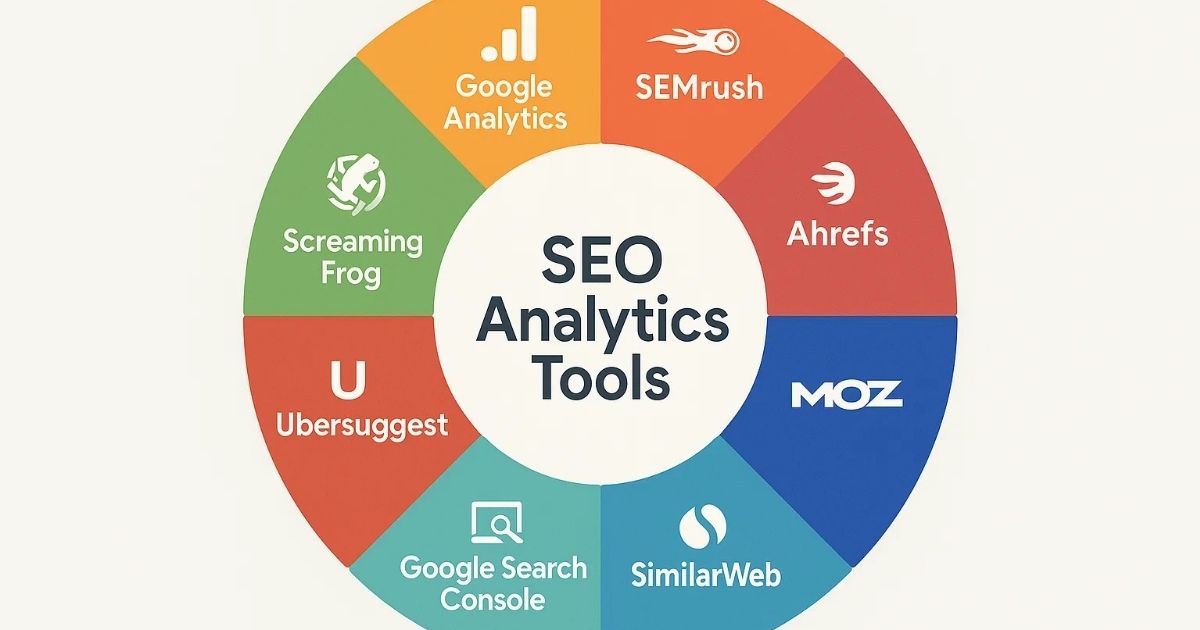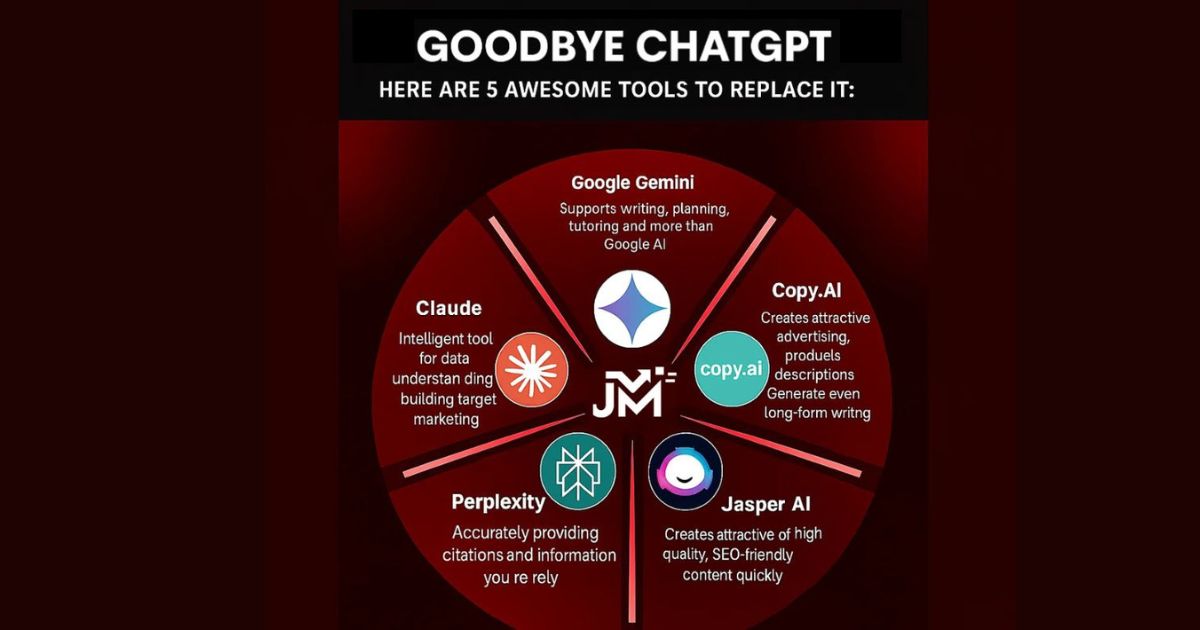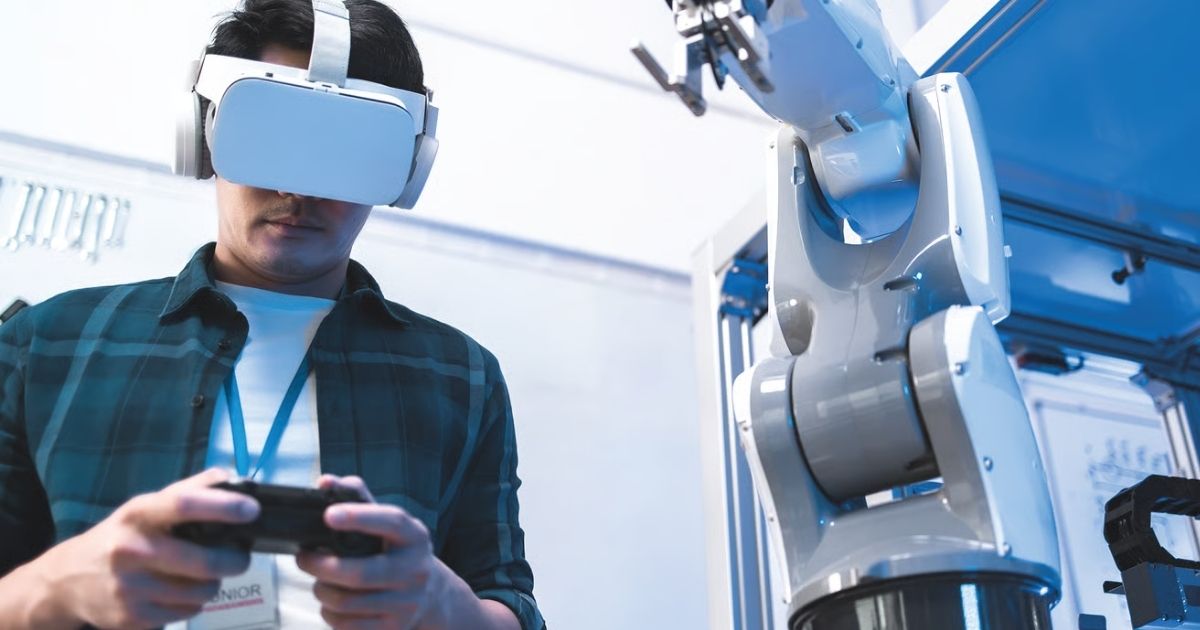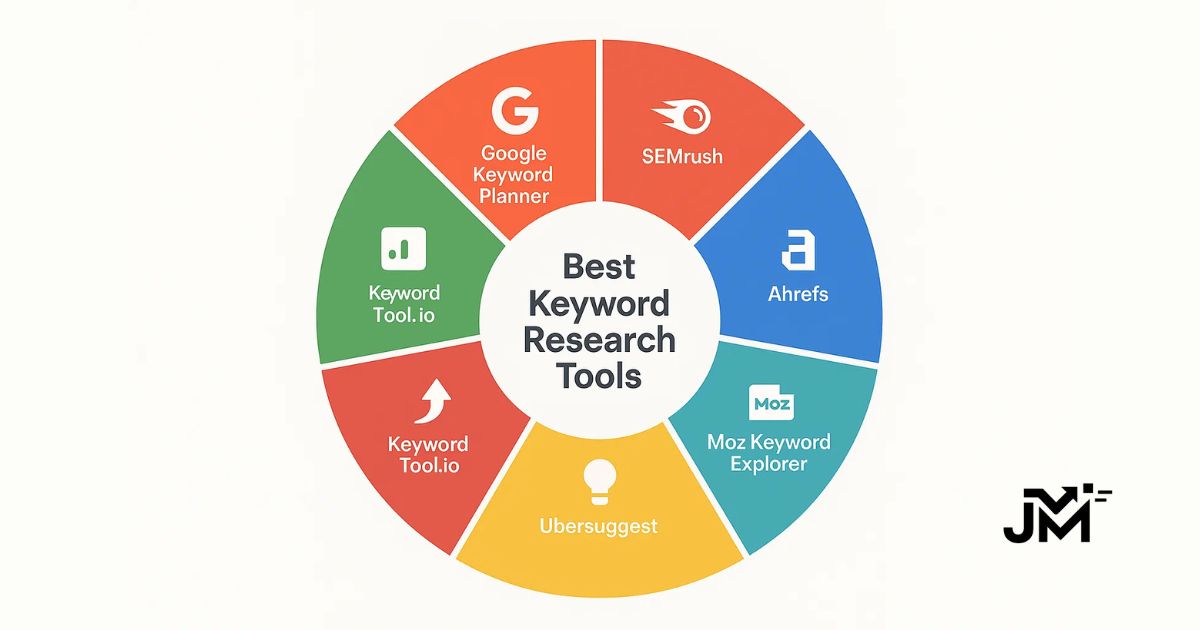Artificial Intelligence (AI) is changing the way we understand, detect, and treat diseases across healthcare. One of the most promising applications is the use of artificial intelligence in colon polyp diagnosis, which is significantly improving the accuracy of colonoscopy procedures. Colon polyps, small clumps of cells that form on the lining of the colon, can sometimes progress into colorectal cancer if left untreated. Detecting and removing them early is essential for cancer prevention.
This article explores how AI is reshaping colon polyp diagnosis, why it matters, and what it means for the future of colonoscopy and colorectal cancer prevention.
The Importance of Detecting Colon Polyps Early
Colon polyps are common, especially in adults over 50, but not all polyps are the same. Some remain harmless, while others—known as adenomatous polyps—carry a higher risk of turning cancerous. Since polyps often cause no symptoms, colonoscopy is considered the gold standard for detection and removal.
However, even experienced gastroenterologists can miss small or flat polyps during traditional colonoscopy procedures. This limitation has created demand for advanced tools like artificial intelligence in colonoscopy, which can assist doctors in real-time, ensuring that fewer polyps are overlooked.
How Artificial Intelligence Works in Colon Polyp Diagnosis

Artificial intelligence in colonoscopy primarily uses computer-aided detection (CADe) and computer-aided diagnosis (CADx) systems. These tools rely on deep learning algorithms trained on thousands of colonoscopy images and videos to recognize patterns associated with polyps.
-
CADe systems: Highlight suspicious areas during colonoscopy, drawing the doctor’s attention to polyps that may otherwise go unnoticed.
-
CADx systems: Go a step further by classifying whether a detected polyp is likely benign, precancerous, or cancerous.
Together, these AI-driven tools improve both the sensitivity and specificity of colonoscopy procedures, helping doctors make faster and more accurate decisions.
Benefits of Artificial Intelligence in Colon Polyp Diagnosis
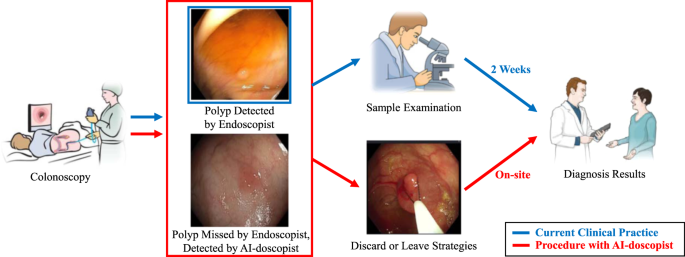
The integration of AI into colonoscopy offers several benefits:
-
Higher Detection Rates – AI increases adenoma detection rates (ADR), a critical metric in colon cancer prevention.
-
Fewer Missed Polyps – AI systems can detect subtle, flat, or hidden polyps that human eyes might overlook.
-
Standardization of Results – AI reduces variability between physicians, ensuring consistent quality of diagnosis.
-
Faster Decision-Making – CADx tools help doctors assess polyp risk in real time, reducing unnecessary removals or biopsies.
-
Improved Patient Outcomes – With earlier detection, patients can receive timely treatment, lowering their risk of colorectal cancer.
Real-World Applications of AI in Colonoscopy
AI technology is no longer a concept of the future—it is already being applied in clinical settings. Several FDA-approved and CE-marked AI-assisted colonoscopy tools are in use worldwide.
-
GI Genius™ by Medtronic: An AI platform that highlights polyps during colonoscopy with real-time visual markers.
-
EndoBRAIN®: A Japanese AI tool that supports both detection and classification of colon polyps.
-
Deep learning models: Continuously being trained on large datasets to improve accuracy in diverse populations.
These tools are enhancing physician confidence and patient safety while setting new standards in preventive healthcare.
The Role of AI in Reducing Interval Colorectal Cancer
Interval colorectal cancers are those that develop between regular screening colonoscopies, often due to missed polyps. By significantly reducing miss rates, artificial intelligence in colon polyp diagnosis lowers the likelihood of interval cancers. This means patients can trust that their colonoscopies are more thorough, leading to fewer cases of undetected disease progression.
Challenges of Using Artificial Intelligence in Colonoscopy
While AI in colon polyp diagnosis is promising, it does come with challenges:
-
False Positives: AI can sometimes mistakenly highlight benign tissue as polyps, leading to unnecessary procedures.
-
Training Data Limitations: AI accuracy depends on the diversity and size of the datasets used to train it.
-
Integration Costs: AI-assisted colonoscopy tools may be costly, limiting accessibility in smaller hospitals.
-
Physician Adaptation: Gastroenterologists need training to effectively use and trust AI tools in their practice.
Despite these hurdles, ongoing advancements in machine learning and clinical validation continue to improve AI reliability.
Patient Perspectives: How AI Improves Confidence
For patients, colonoscopy can be a stressful procedure, especially with concerns about missed diagnoses. The use of AI provides reassurance, as it means an extra "set of eyes" is reviewing the colon in real-time. Patients can feel more confident that their procedure is as accurate and thorough as possible, increasing trust in preventive healthcare.
Future Directions: Artificial Intelligence and Personalized Colonoscopy

Looking ahead, artificial intelligence in colonoscopy may play a role in personalizing screening strategies. For example:
-
AI could help identify patients at higher risk of advanced polyps or colorectal cancer, adjusting screening intervals accordingly.
-
Integration with genetic and lifestyle data may lead to individualized risk assessments.
-
AI could be combined with robotic-assisted colonoscopy for greater precision and patient comfort.
As AI becomes more sophisticated, it may eventually allow for automated polyp removal or advanced tissue characterization during colonoscopy.
Ethical and Regulatory Considerations
Like all medical technologies, AI in colonoscopy must adhere to ethical and regulatory guidelines. Key considerations include:
-
Data Privacy: Ensuring patient images and videos used to train AI are anonymized and secure.
-
Transparency: Patients should be informed when AI tools are used during their procedures.
-
Accountability: Physicians must remain responsible for final diagnostic decisions, with AI serving as a supportive tool.
These measures help balance technological advancement with patient safety and trust.
Conclusion: The Future of Colon Polyp Diagnosis with AI
Artificial intelligence is no longer a futuristic idea in healthcare—it is here, actively transforming how we detect and diagnose colon polyps. With the help of AI-powered colonoscopy, gastroenterologists can detect polyps more accurately, reduce missed lesions, and improve patient outcomes.
While challenges remain, the benefits of artificial intelligence in colon polyp diagnosis far outweigh the drawbacks. As research progresses and accessibility improves, AI will likely become a standard tool in colonoscopy worldwide, advancing the fight against colorectal cancer.
For patients, this means earlier detection, more effective prevention, and greater peace of mind. The future of colonoscopy is not just about human expertise—it’s about harnessing the power of AI to save lives.

